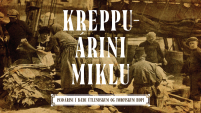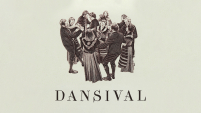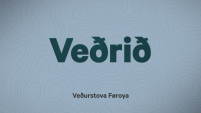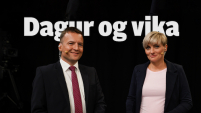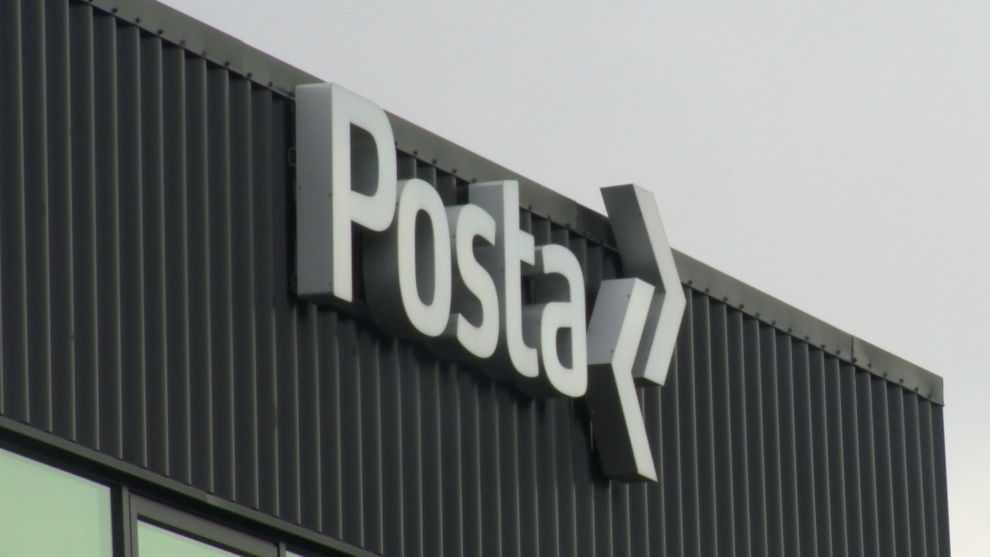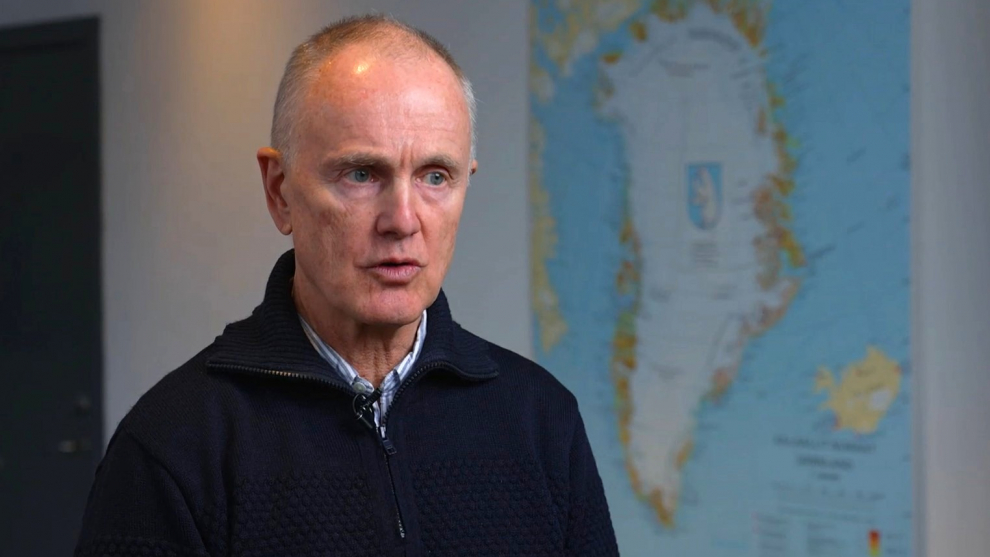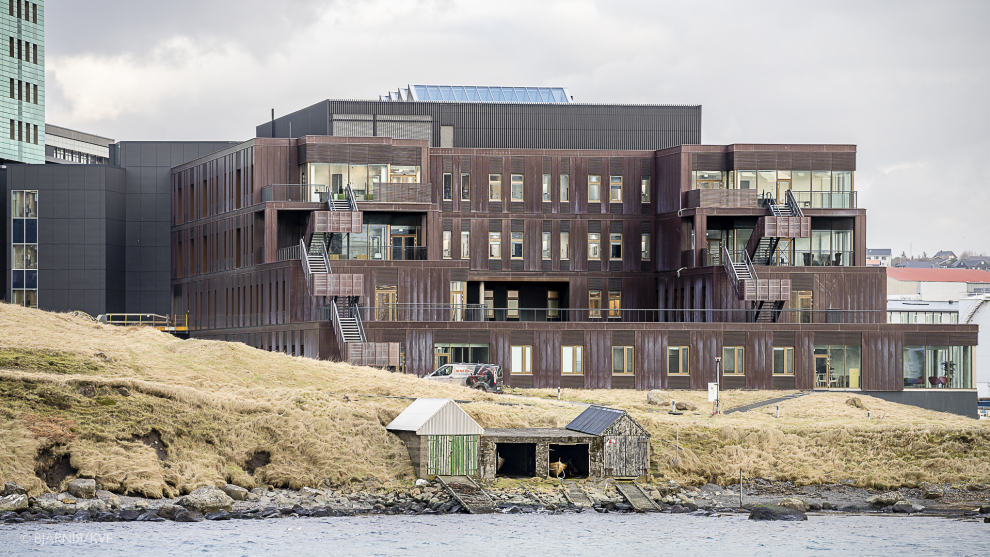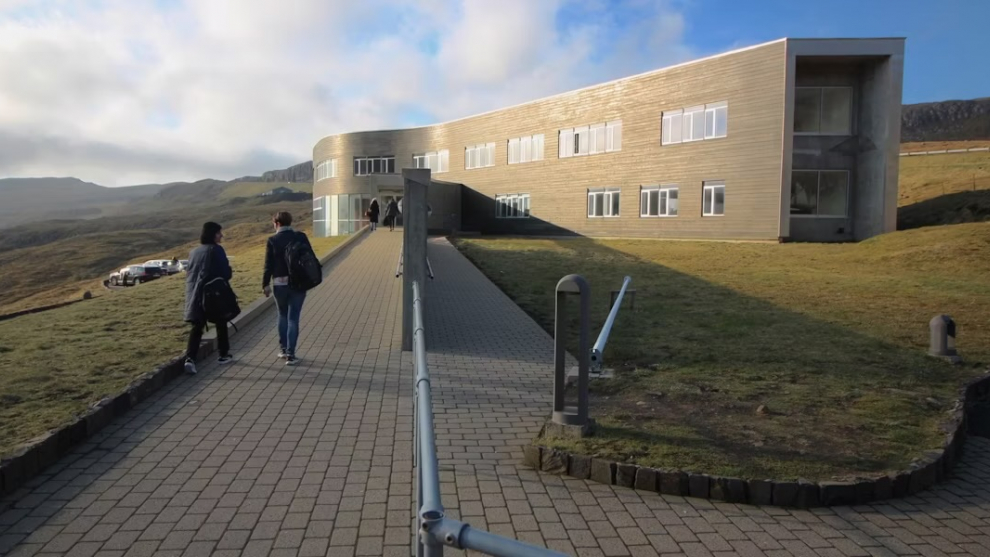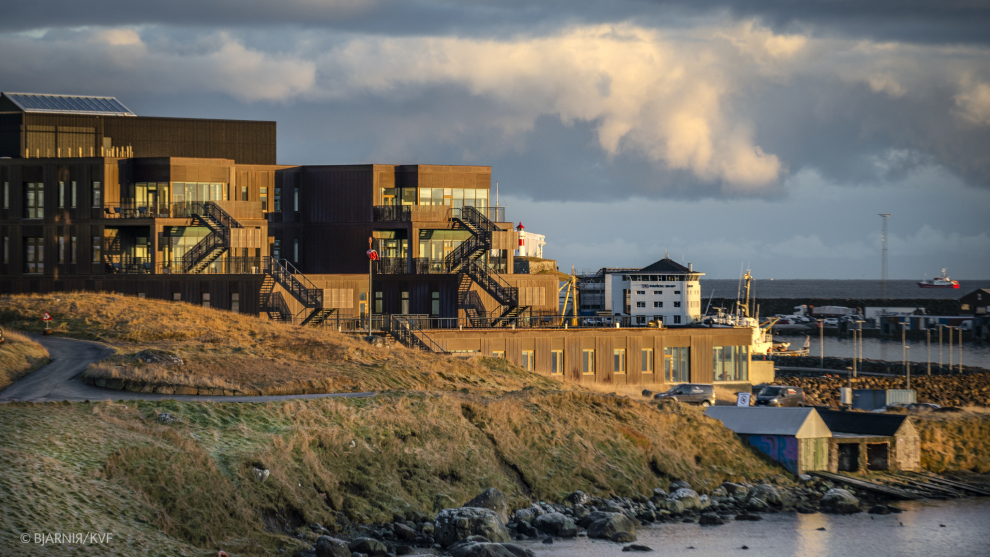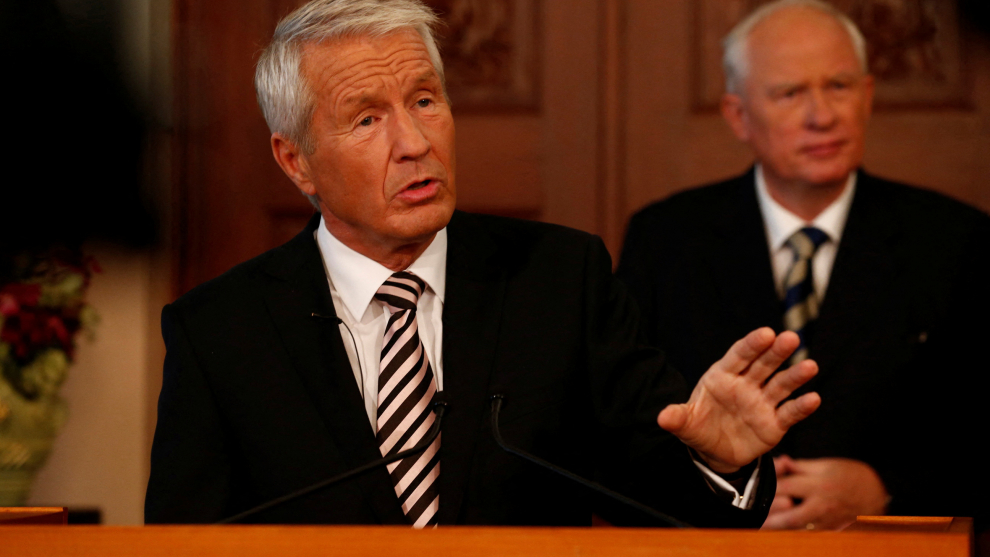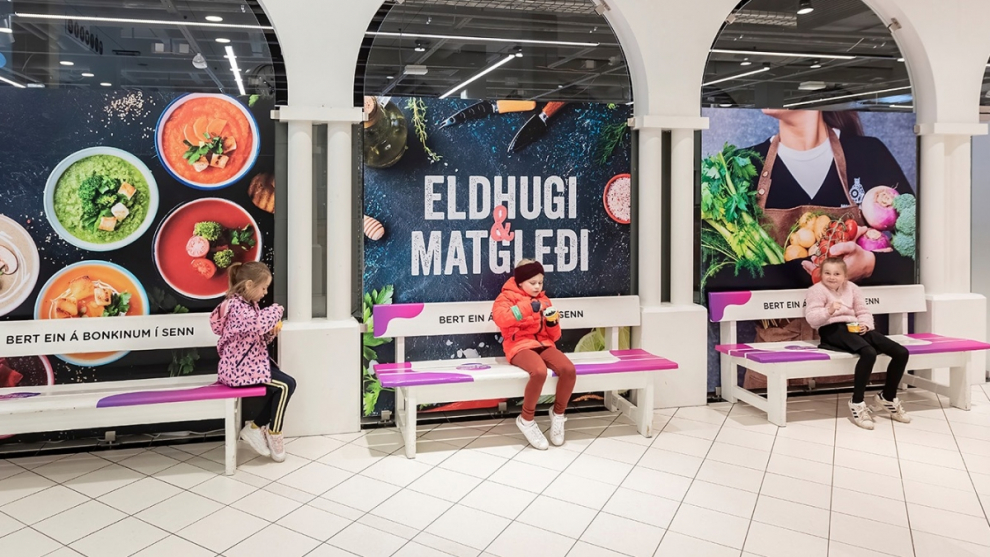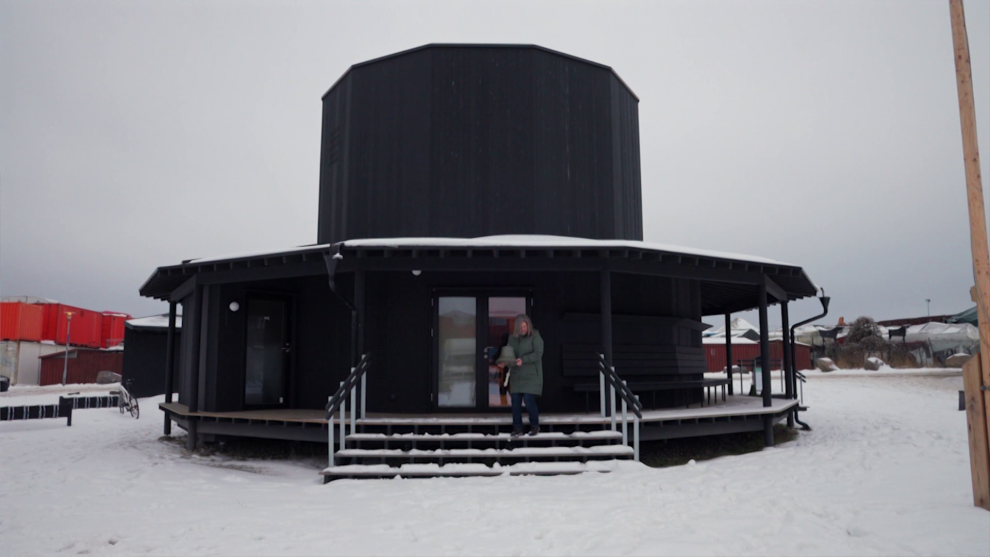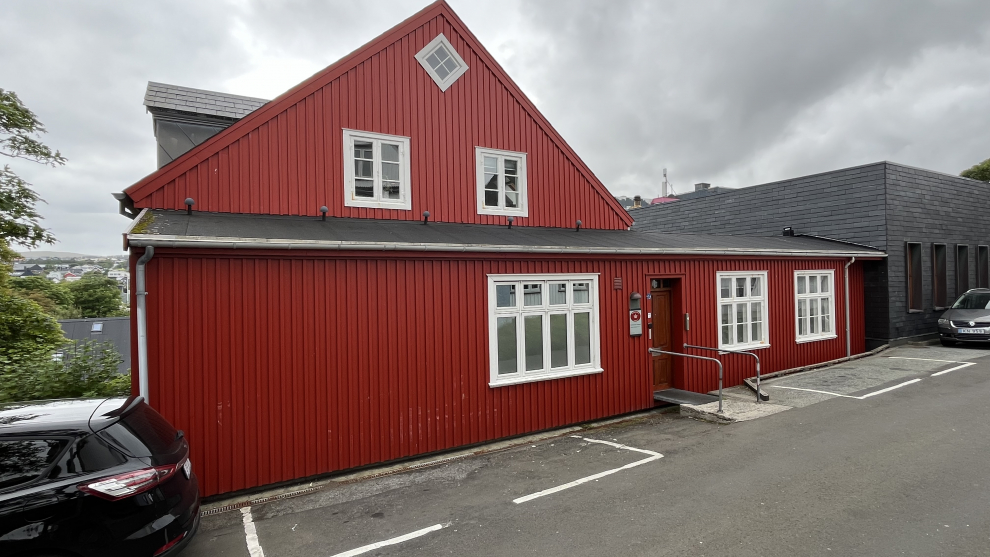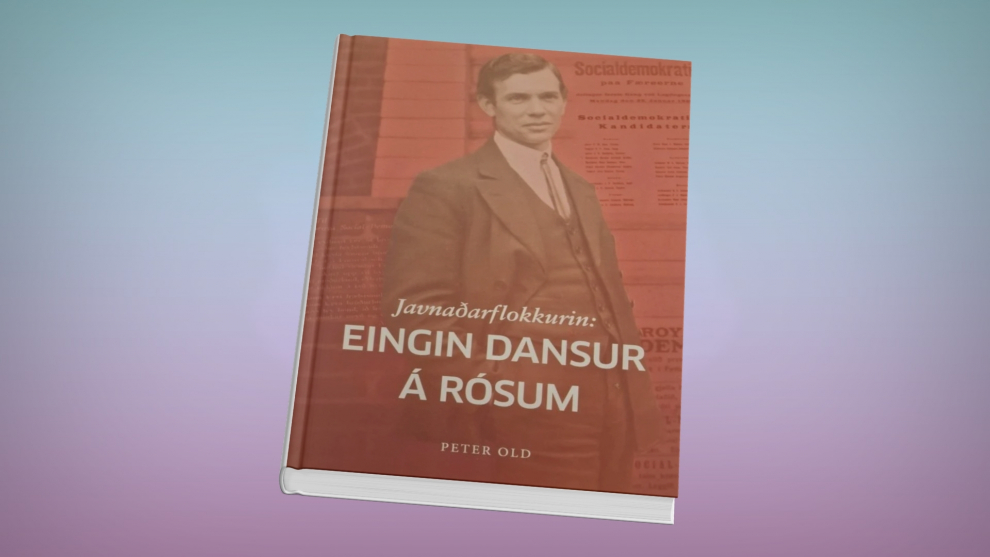- Tíðindi, mentan og ítróttur
Integration is more than just learning a new language
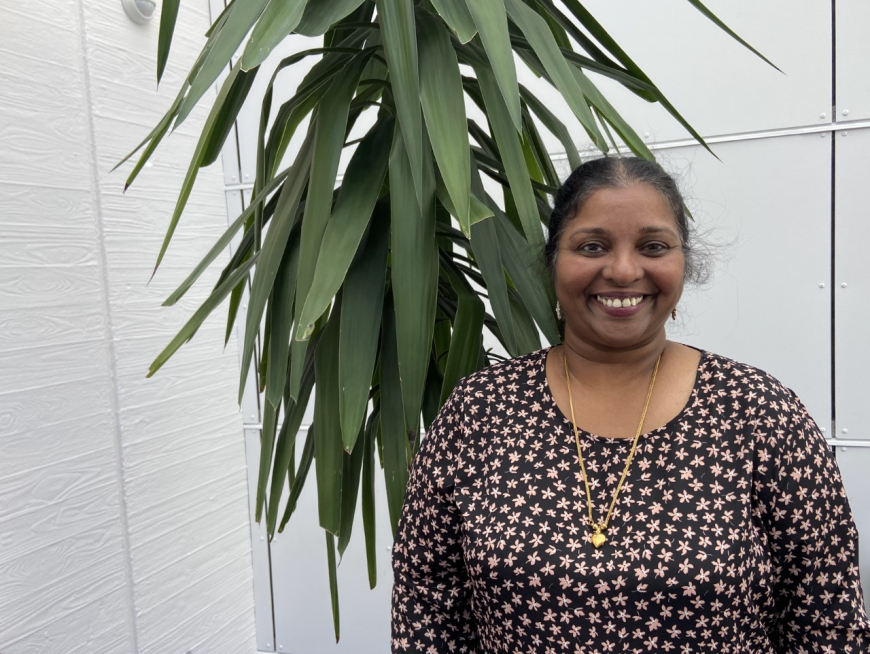
Learning the Faroese language is the main challenge for immigrants.
So concludes a situational report on the challenges of integration, published in 2019 by the Ministry of Trade and the Environment, which also oversees integration.
But there is more to successful integration than just language, argues Kalpana Vijayavarathan, PhD, who teaches English as a foreign language at the University of the Faroe Islands.
She emigrated from India to the Faroes 30 years ago, which makes her one of the veterans in the Faroese immigrant community.
>> SEE ALSO Immigrant’s poems gaining instant popularity
“Successful integration is a two-way street,” she says.
“It is perfectly fine that Faroese people expect immigrants to do their best to adapt to their new environment, but ethnic Faroese people also have a responsibility – they need to open up to other cultures and other ways of living.”
Kalpana believes that the complexities involved in moving to a country with a language and culture that is vastly different to your own can be difficult for the locals to appreciate.
“Faroese people are kind, helpful and welcoming – up to a point,” she explains.
>> SEE ALSO Language barrier has a ripple effect on newcomers
“If you ask an immigrant, you may hear that there tends to be a mild degree of scepticism when Faroese people encounter a foreigner who may not conform to all the Faroese norms.”
Language and identity are very closely knit, she explains. People with Faroese as their native tongue have their language as a key element of their identity.
“The same goes for immigrants, who have an equal right to establish their identity through their mother tongue. Faroese is a communication tool for immigrants, who do not have the same emotional connection to it as ethnic Faroese people do. This is because an immigrant’s bond is usually with their first language, which is integral to their identity,” she says.
>> SEE ALSO An artistic impression of life as an immigrant
“It would be really helpful if Faroese people realised that it takes about five to six years to not only learn a new language but to also adjust to a new culture.”
Kalpana believes that when Faroese industry ‘imports’ workers amid the current staff shortage, the industry is responsible for taking care of the workers’ families.
“I think it is fair to expect that Faroese employers give immigrant parents enough time to e.g. help their children with their homework and perhaps also organise Faroese language courses for their staff.”
>> SEE ALSO Minister: integration bill ready this year
Faroese society has seen great change over the past years while a legal framework for integration has been in the making.
“It is important that we get this legal framework, but we need to keep this two-way street in mind when creating such a framework,” she says.
“It requires effort from both parties – the key word is mutual respect. Immigrants need to be open to their new language and culture, but ethnic Faroese people must also learn to appreciate the challenges involved in settling in a new culture."
>> SEE ALSO Immigrants struggle to make use of their skills
For integration to really work, we need a new approach to teaching, she says.
“Teachers should be taught about what happens in a child’s head when learning a new language.”
Kalpana is keen to point out that learning Faroese is important, but it is no guarantee for successful integration.
“School leaders and teachers would benefit greatly from financial and other resources to ensure that inclusion of all children is possible in Faroese schools.
"Help for teachers is coming in a course being offered by Fróðskaparsetrið for the teaching of Faroese as an additional language for in-service teachers. That’s a good start.”
Hear the interview with Kalpana here.
Translated by prosa.fo.





